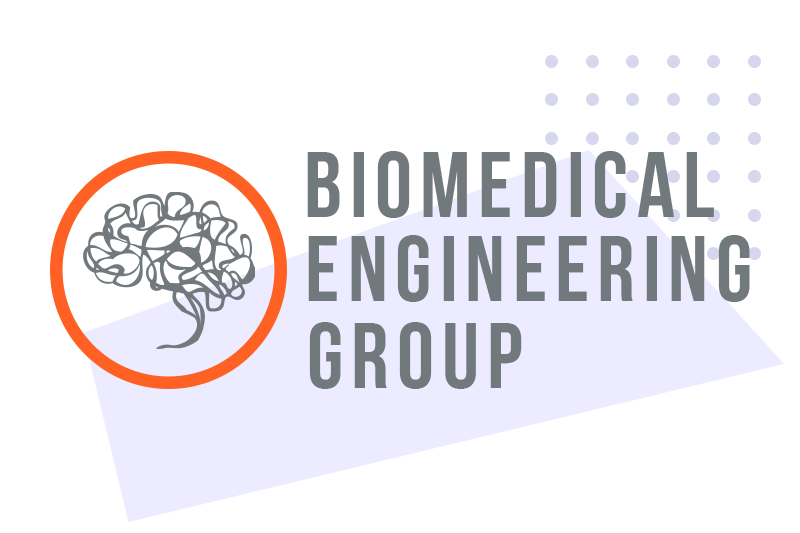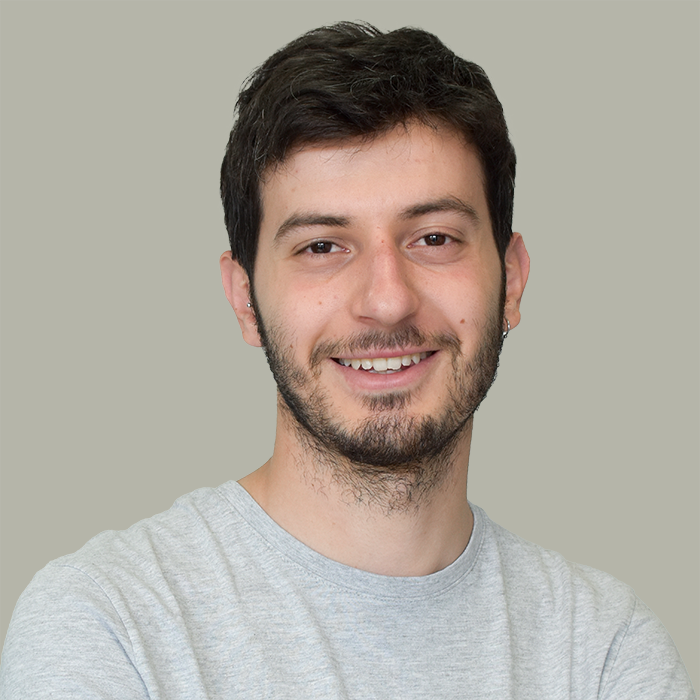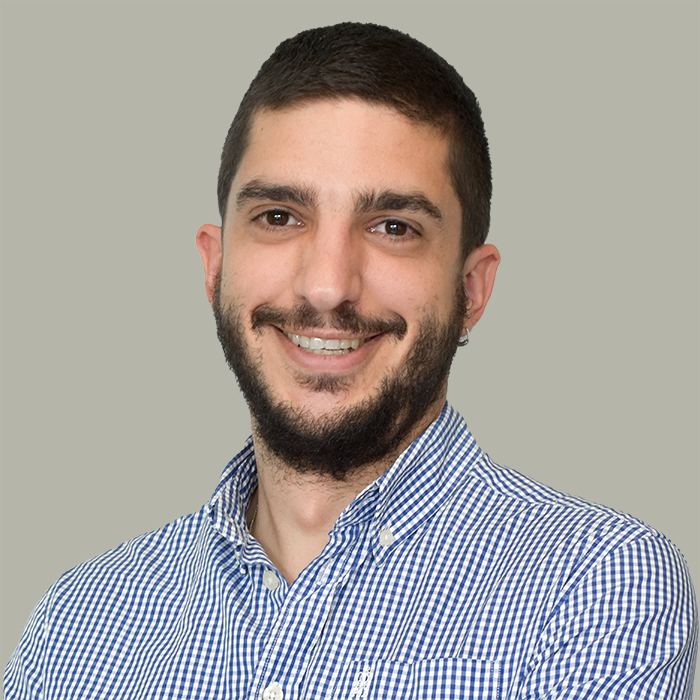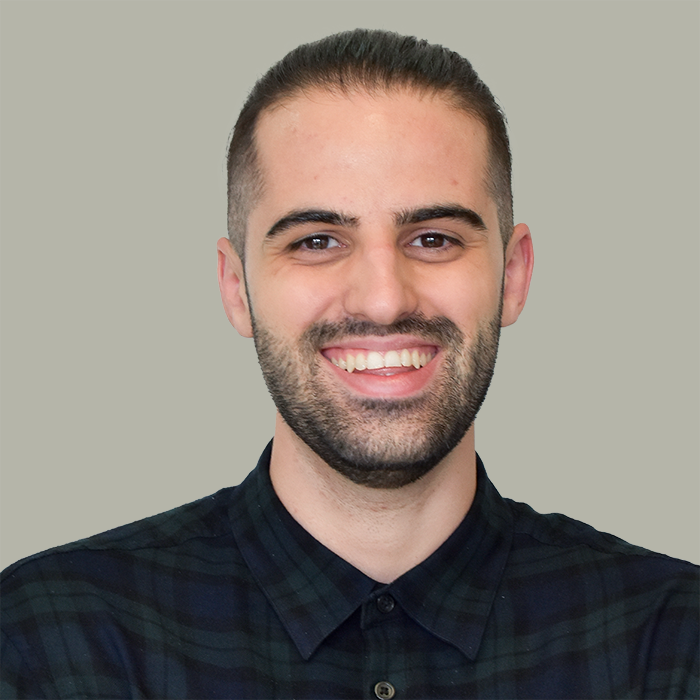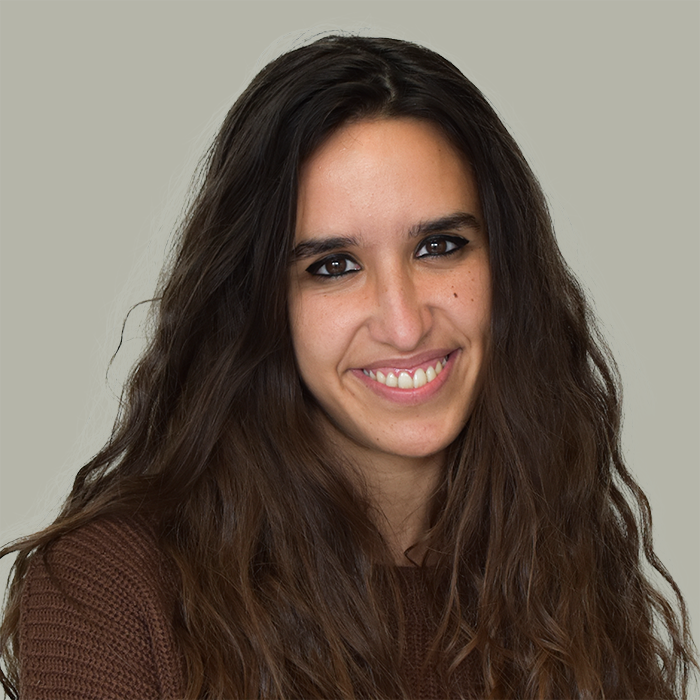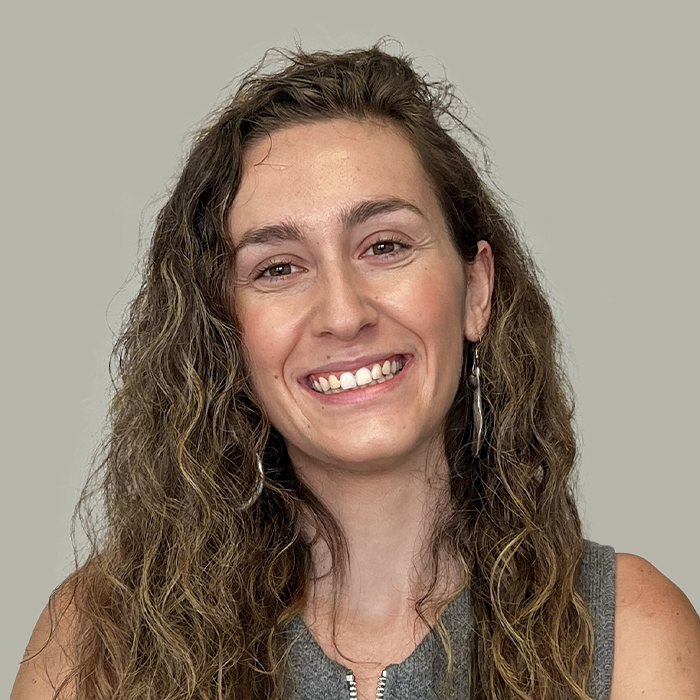About us
We are a few researchers in the field of neurotechnologies, neurorehabilitation, and BCIs who decided to create our own Python-based development framework to carry out neuroscience experiments, scroll down to get to know more about us!
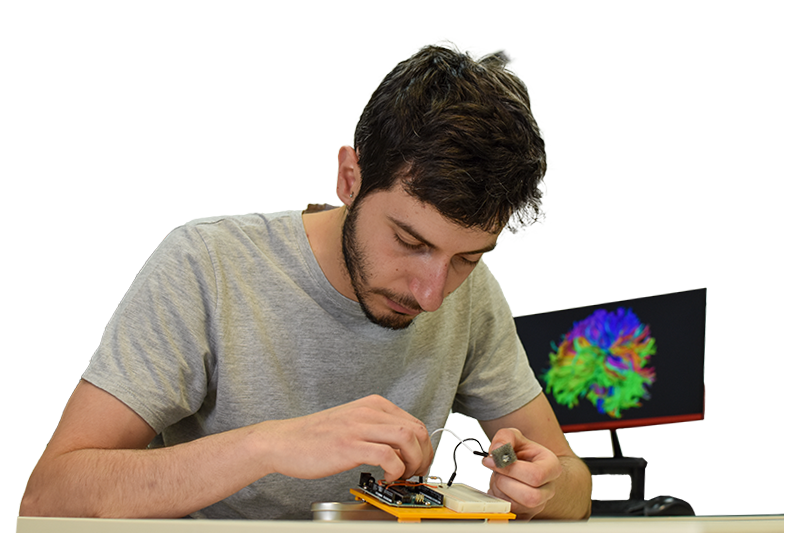
Eduardo Santamaría-Vázquez, Víctor Martínez-Cagigal, Diego Marcos-Martínez, Víctor Rodríguez-González, Sergio Pérez-Velasco, Selene Moreno-Calderón, Roberto Hornero, MEDUSA©: A novel Python-based software ecosystem to accelerate brain-computer interface and cognitive neuroscience research. Computer Methods and Programs in Biomedicine, 2023, DOI: doi.org/10.1016/j.cmpb.2023.107357 .
Our motivation
Several telecommunication engineers, an industrial engineer, a biomedical engineer and a physicist. What we have in common is that we are all researchers in the field of neurotechnologies, neurorehabilitation, and BCIs.
A few years ago we got tired of designing BCI applications in other environments, finding it too tiresome. Thus, we decided to create a Python-based platform for all our experiments, which we offer you for free!
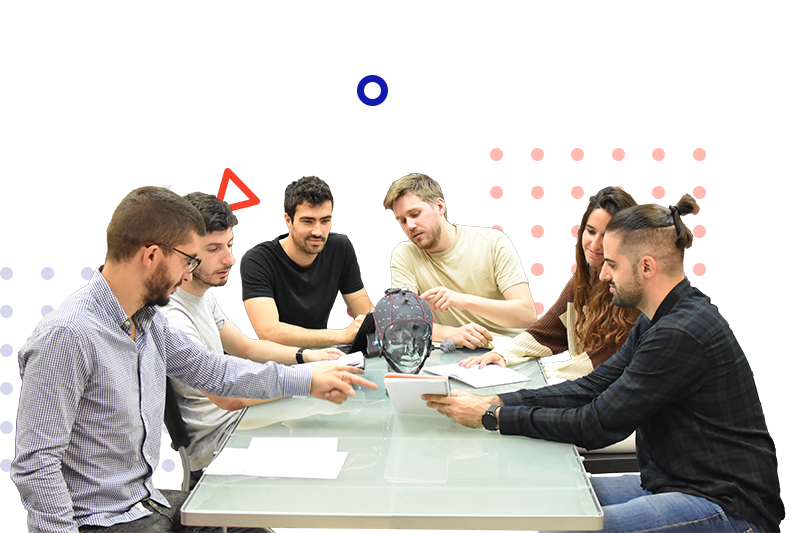
Alma matter
During these years, the development of MEDUSA© has been powered by our research group: the Biomedical Engineering Group at the University of Valladolid (Spain). Here, we not only do research on BCIs, but also try to give insight into the neural dynamics that cause different diseases, or apply artificial intelligence algorithms to help clinical diagnoses.
Scientifically backed
Since 2018, all our published articles (indexed in the journal citation reports) and conferences present studies developed using MEDUSA©. We thus strongly believe that MEDUSA© is reliable enough to develop any state-of-the-art neuroscience experiments. Feel free to check our publications in our website.
One team, many talents
Eduardo Santamaría-Vázquez
Ph.D. Telecom. Eng.
Víctor Martínez-Cagigal
Ph.D. Telecom. Eng.
Roberto Hornero
Ph.D. Telecom. Eng.
Diego Marcos-Martínez
M.Sc. Physicist
Víctor Rodríguez-González
M.Sc. Telecom. Eng.
Sergio Pérez-Velasco
M.Sc. Industrial Eng.
Selene Moreno-Calderón
M.Sc. Biomed. Eng.
Ana Martín-Fernández
M.Sc. Biomed. Eng.
Beatriz Pascual-Roa
M.Sc. Biomed. Eng.
Our services
Do you need help creating your own experiments? Are you interested in acquiring a customized closed-loop BCI application? Check our services!
More information

